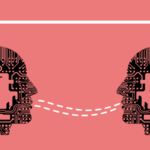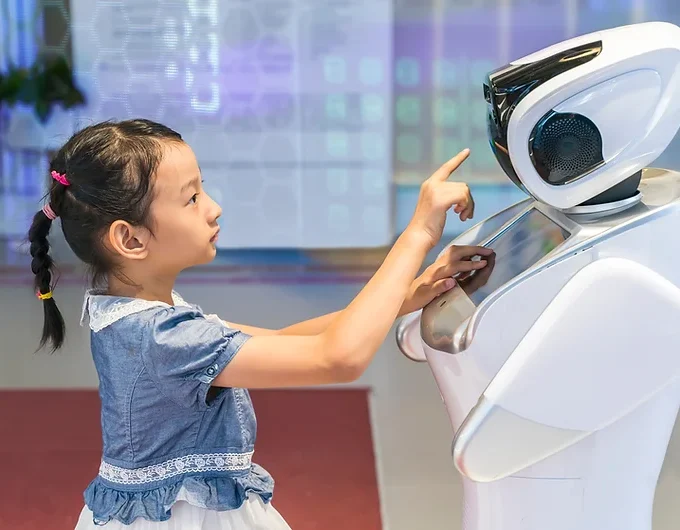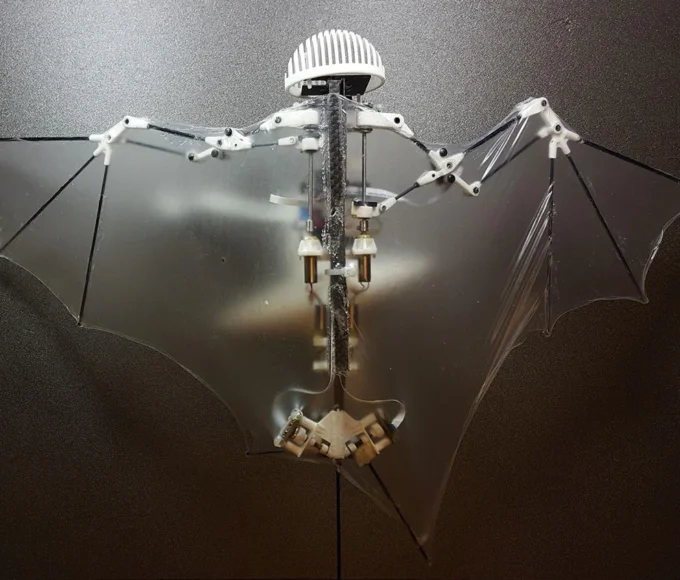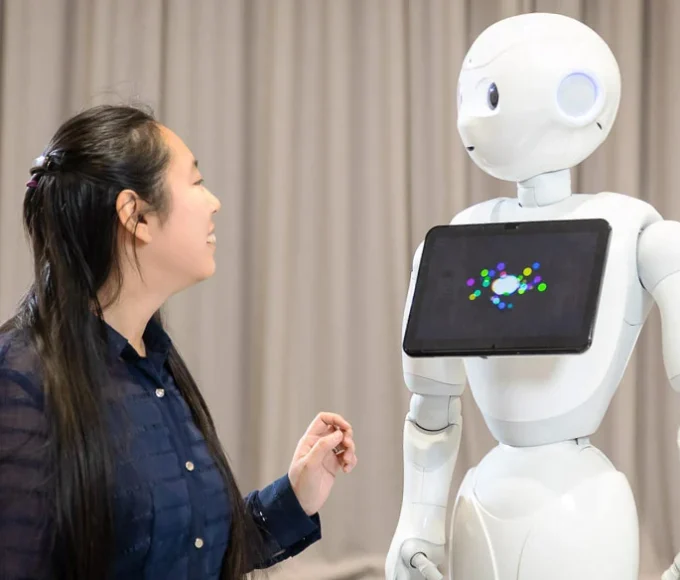In the exciting journey of advanced robotics, we’re witnessing remarkable progress as machines gain the ability to perform intricate tasks with incredible accuracy. While this technological leap holds great promise for various industries and our everyday lives, it also gives rise to essential ethical and societal questions that call for our attention. As these robotic companions become more integrated into our routines, we need to address the challenges they pose to ensure that they truly enrich human lives rather than complicate them.
Preserving Jobs and Balancing Innovation
Among the foremost ethical concerns surrounding advanced robotics is the potential loss of jobs. The sophistication of robots and automation technology can potentially replace human workers in certain roles. This could lead to joblessness and inequalities, highlighting the need to find a harmonious coexistence between technological progress and safeguarding livelihoods.
Guarding Our Privacy Amidst Surveillance
The proliferation of advanced robotics has led to a new era of surveillance capabilities. Drones, cameras guided by AI, and other robotic tools have the capacity to gather extensive data, sometimes without our awareness. This raises valid concerns about the invasion of privacy and unauthorized data collection. Stricter regulations are necessary to ensure that these technologies respect our right to privacy and avoid any misuse of personal information.
The Challenge of Accountability in Autonomy
As robots gain autonomy, a significant question arises: who is accountable for their actions? When robots make decisions that have far-reaching consequences, determining responsibility in case of errors or accidents becomes complex. Developing clear legal frameworks is vital to define liability and ensure that those responsible are held answerable for any unintended harm caused by autonomous robots.
Finding a Balance in Human-Robot Interaction
With the rise of advanced robotics, the dynamics of human interactions could be altered. As tasks are increasingly taken over by machines, the risk of reduced human-to-human engagement emerges, potentially leading to isolation and loneliness. Striking a balance between the assistance robots offer and the warmth of human connections is crucial to prevent any negative social or psychological impacts.
Navigating Bias and Fostering Fairness
Robotic systems, especially those driven by artificial intelligence, can inadvertently inherit biases present in their training data. This can result in unjust outcomes that reinforce existing social biases. To prevent these systems from perpetuating discrimination, it’s imperative to design and train robots with fairness and inclusivity at the forefront of our minds.
Ethical Quandaries in Autonomous Systems
The emergence of autonomous systems brings forth ethical dilemmas that machines might confront in real-time situations. For instance, self-driving cars may find themselves in situations where they must choose between two unfavorable outcomes, like avoiding a pedestrian but endangering other drivers. Formulating ethical guidelines and decision-making frameworks for robots is an essential task to ensure their actions align with our human values.
Education and Skill Adaptation in a Robotic Age
The growth of advanced robotics requires us to adapt our skills and education. As technology evolves, we need to continuously upgrade our capabilities to stay relevant. This places a higher emphasis on lifelong learning and flexible education systems. Ensuring that everyone has access to affordable and accessible education is pivotal to avoid leaving certain groups behind.
Equitable Access and Preventing Technological Monopolies
The progress and deployment of advanced robotics can lead to an uneven distribution of power, favoring a few individuals or organizations. This might limit the access smaller entities have to these technologies, ultimately exacerbating economic disparities. It’s crucial that we actively work towards ensuring fair access to these innovations and prevent any monopolistic control in the field.
The rapid evolution of advanced robotics is a journey filled with both potential and responsibility. By addressing the ethical and societal challenges head-on, we can embrace the advantages of robotics while minimizing any potential drawbacks.
Collaboration between ethical thinkers, policymakers, researchers, and industry leaders is key to crafting a future where advanced robotics enhances human well-being, upholds our values, and safeguards our rights.
















Leave a comment